“Perimenopause usually happens sometime in your 40s.
On average, it lasts 4 to 6 years,
but it can last from one to 10 years”.1
Umbrella
What may the Perimenopause Umbrella include?
Depending on the Source (DotS) this Umbrella may include:
- Climacteric
- Late Reproductive Stage (LRS)
- Menopausal Transition/Transitional Phase
- Menopause Transition/Transitional Phase
- Perimenopausal/Peri-menopausal Changes
- Perimenopause/Peri-menopause
- The Transition To Menopause
- Time Leading Up To Menopause
Definition
DotS the definition of perimenopause may vary.
In Menopause: Key Facts the World Health Organization’s definition is:
- “The menopausal transition can be gradual, usually beginning with changes in the menstrual cycle. Perimenopause refers to the period from when these signs are first observed and ends one year after the final menstrual period”.2
On page four in Menopause Terminology: Glossary of Terms [English] the International Menopause Society’s definition is:
In The 2023 Practitioner’s Toolkit for Managing Menopause: Definitions, published online 30 October 2023, the authors’ definition is:
- “Perimenopause is the time from the onset of cycle irregularity through until 12 months after the final menstrual period”.4
Start
When may perimenopause start?
In Perimenopause: Symptoms & Causes – Overview the (United States) Mayo Clinic elaborate on:
In What Is Perimenopause and Menopause? Perimenopause, Menopause and Postmenopause – When Does Perimenopause Happen? the (Australian) Jean Hailes for Women’s Health (JH) note:
Duration
When long does perimenopause last?
In What Is Perimenopause and Menopause? Perimenopause, Menopause and Postmenopause – When Does Perimenopause Happen? the JH also note:
Menopause
When does perimenopause stop and menopause officially start?
In Perimenopause: Symptoms & Causes – Overview the Mayo Clinic explain:
First Sign
What is usually the first sign of perimenopause?
In Menopause: Symptoms – Common Symptoms of Menopause and Perimenopause: Changes To Your Periods the (United Kingdom) NHS explain:
Eventually you’ll stop having periods altogether”.9
Physical Symptoms
What may some physical symptoms include?
In Symptoms of Menopause: Physical Symptoms of Menopause the JH explain:

“Physical symptoms of menopause may include:
- Irregular periods
- Hot flushes
- Night sweats
- Joint aches and pains
- Sore breasts
- Itchy, crawly or dry skin
- Exhaustion and fatigue
- Dry vagina
They may also include:
- Loss of sex drive (libido)
- Headache or migraine
- More intense premenstrual syndrome (PMS)
- Sleep problems
- Bloating
- Urinary problems
- Weight gain”.10
Emotional Symptoms
What may some emotional symptoms include?
In Symptoms of Menopause: Physical Symptoms of Menopause — Mental and Emotional Symptoms of Menopause the JH explain:
- Feeling irritable or frustrated
- Feeling anxious
- Difficulty concentrating
- Brain fog
- Forgetfulness
- Lowered mood
- Mood changes
- Feeling you can’t cope as well as you used to”.11
Common or Not
How common are menopausal symptoms?
On page one in Joint Position Statement By the British Menopause Society, Royal College of Obstetricians and Gynaecologists and Society for Endocrinology on Best Practice Recommendations for the Care of Women Experiencing the Menopause one of the recommendations is:
Hormone Therapy
Can hormone therapy help improve symptoms of menopause?
In Mayo Clinic Q and A: Perimenopause Transitions and Concerns, dated 20 July 2023, the Mayo Clinic note:
Health Care Provider
What if I would like help with perimenopause?
If you would like help with perimenopause, it may be in your best interest to choose to talk to your health care provider about this.
In What Is Perimenopause and Menopause? When To See Your Doctor the JH explain:
- Irregular periods
- Heavy bleeding
- Bleeding after menopause
- Increased premenstrual syndrome (PMS) symptoms
- Menopausal symptoms, such as hot flushes, that interfere with your daily life”.14
In Menopause: Diagnosis & Treatment – Treatment the Mayo Clinic elaborate on:
Health Topics A-Z
Where may I find Health Topics A-Z related to Perimenopause?
In Health Topics A-Z you may find:
Links
Where may I find Links related to Perimenopause?
Your Country may have Links similar to:
Links
This Links List to third party websites is neither comprehensive nor exhaustive. Inclusion on this Links List does not imply endorsement or recommendation. Non-inclusion on this Links List does not imply non-endorsement or non-recommendation. Third party websites are not under the control of Meno Martha International Menopause Directory. Third party websites may contain explicit medical images and/or sexual references. Please read Meno Martha International Menopause Directory’s Links Policy before proceeding to a Link. Please contact Webmaster if you experience a problem with a Link.New or Updated
- 5 Signs Perimenopause May Be Ending [27 January 2026]
- Could It Be Perimenopause? How Hormones Influence the Brain [28 October 2025]
- International Menopause Society (IMS) Recommendations and Key Messages on Women’s Midlife Health and Menopause [23 December 2025]
- Perimenopause With Dr. Heather Hirsch [19 December 2025]
- Perimenopause, PMS, and PCOS: All About the Period [18 December 2025]
- Online Events [International Menopause Society]: Past Webinars – 2025: Lifestyle Medicine
- 29 Perimenopause Symptoms You May Not Know About
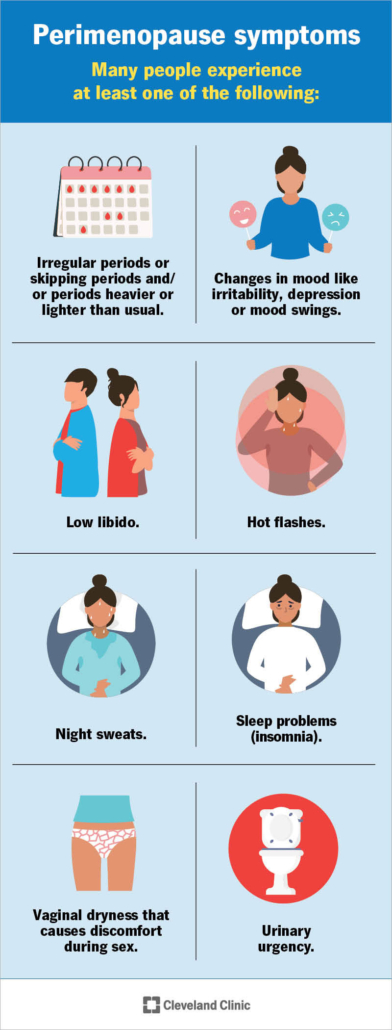
- 5 Signs Perimenopause May Be Ending
- 9 Less Common Perimenopause Symptoms and How To Manage Them
- ACOG Explains: Managing Menopause Symptoms [American College of Obstetricians and Gynecologists]
- Addressing Menopause Symptoms
- CAMS Menopause Hour: Perimenopause – A Clinical Challenge
- Complementary & Alternative Therapies: Non-Hormonal Treatments for Menopause Symptoms
- Complementary Medicines and Therapies for Hot Flushes
- Complementary Medicines and Therapies: Options for Menopausal Symptoms
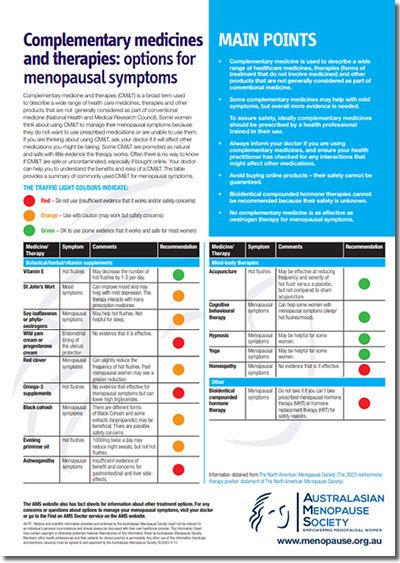
- Consumer Video and Podcast Series: 2024 Consumer Videos and Podcasts – Preparing for Your Menopause Health Care Visit
- Consumer Video and Podcast Series: 2025 Consumer Videos and Podcasts – Abnormal Uterine Bleeding—When To See A Clinician
- Consumer Video and Podcast Series: 2025 Consumer Videos and Podcasts – Three Symptoms Linked To Cognitive Complaints
- Could It Be Perimenopause? How Hormones Influence the Brain
- Deciding About Hormone Therapy Use
- Diagnostic Tests for Menopause
- Empowering the Health of Women In Midlife
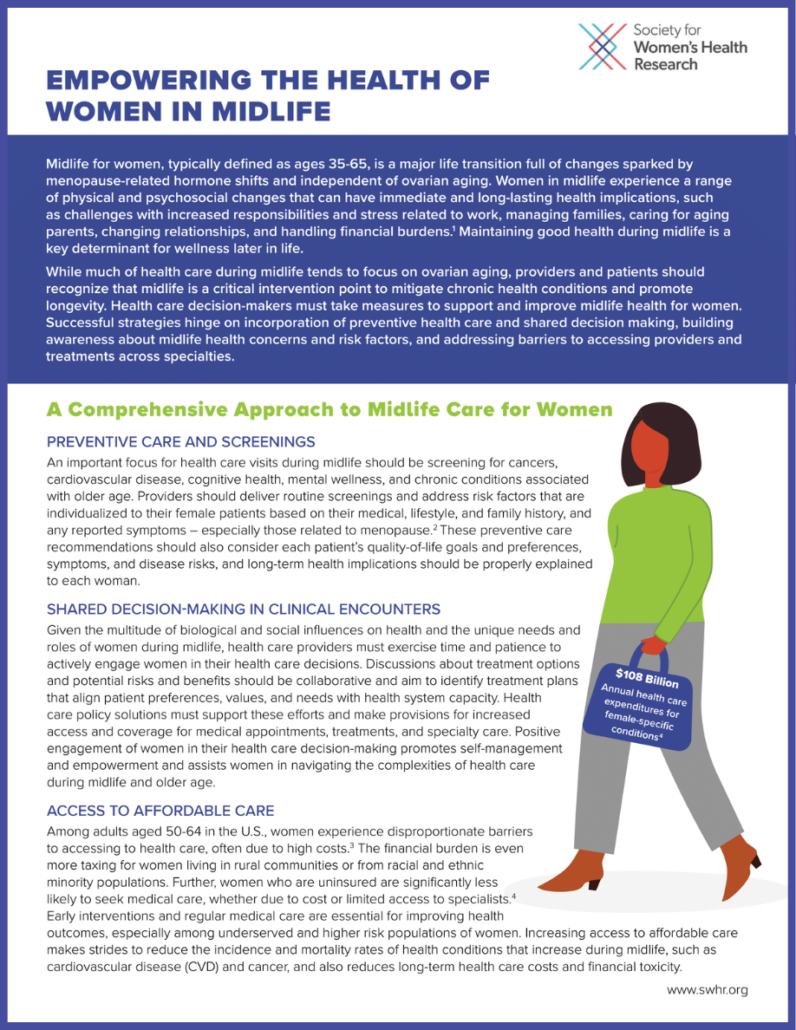
- Experts Answer Your Menopause Questions In New Video
- FDA Direct: Removing Black Box Warnings for HRT (Part 1/2)
- FDA Direct: Removing Black Box Warnings for HRT (Part 2/2)
- Find A Menopause Practitioner [United States and Other]
- Find A Practitioner [Australasian Menopause Society i.e. Australia and New Zealand]
- Find Your Nearest BMS Menopause Specialist [British Menopause Society]
- First Symptoms of Menopause
- Genitourinary Syndrome of Menopause
- Genitourinary Syndrome of Menopause
- HRT Questions Answered
- Handling Hot Flushes and Night Sweats| Dr Louise Newson
- How To Manage Adenomyosis In Perimenopause
- How To Talk To Your Doctor About Heavy Periods
- How To Talk To Your Doctor About Menopause
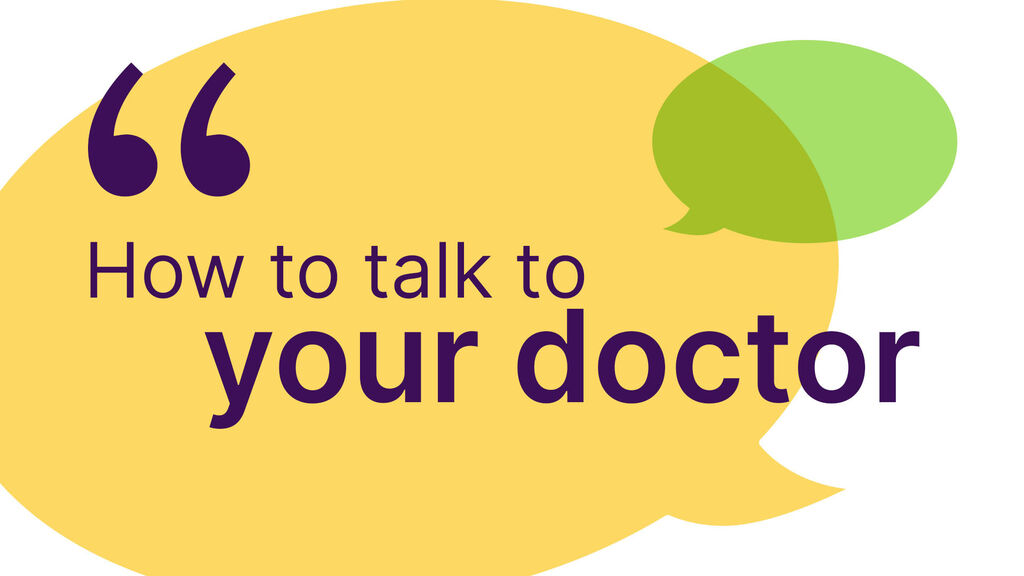
- How To Talk To Your Doctor About Midlife Brain Fog
- How To Track Your Perimenopause Periods
- How Vaginal Hormones Can Transform the Health of Women
- International Menopause Society (IMS) Recommendations and Key Messages on Women’s Midlife Health and Menopause
- Joint Position Statement By the British Menopause Society, Royal College of Obstetricians and Gynaecologists and Society for Endocrinology on Best Practice Recommendations for the Care of Women Experiencing the Menopause
- Later Years (Around 50 Years and Over): Menopause and Post Menopause Health – Signs and Symptoms of Menopause [+ Video: Talking Menopause With Your GP] [Other Languages and Formats]
- Later Years (Around 50 Years and Over): Menopause and Post Menopause Health – Supporting Someone Through the Menopause [+ Video: Men Don’t Need To Know About Menopause] [Other Languages and Formats]
- Managing Menopause Symptoms [+ Video Courtesy: Mayo Clinic News Network]
- Managing Perimenopause Aches & Pain In Punjabi
- Menopause
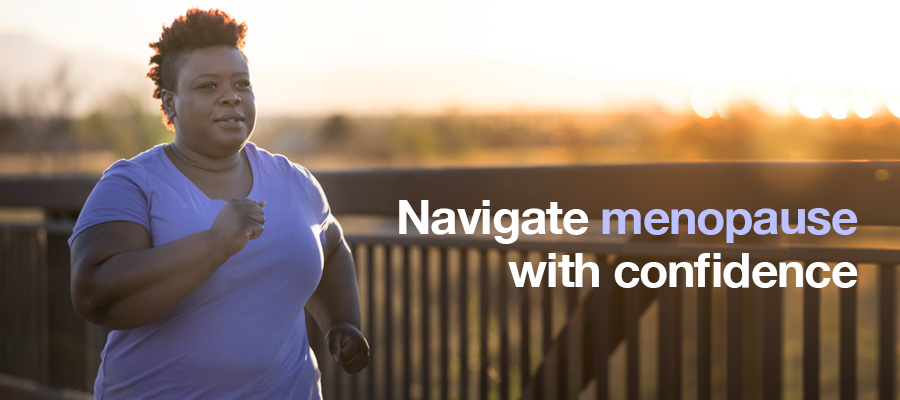
- Menopause
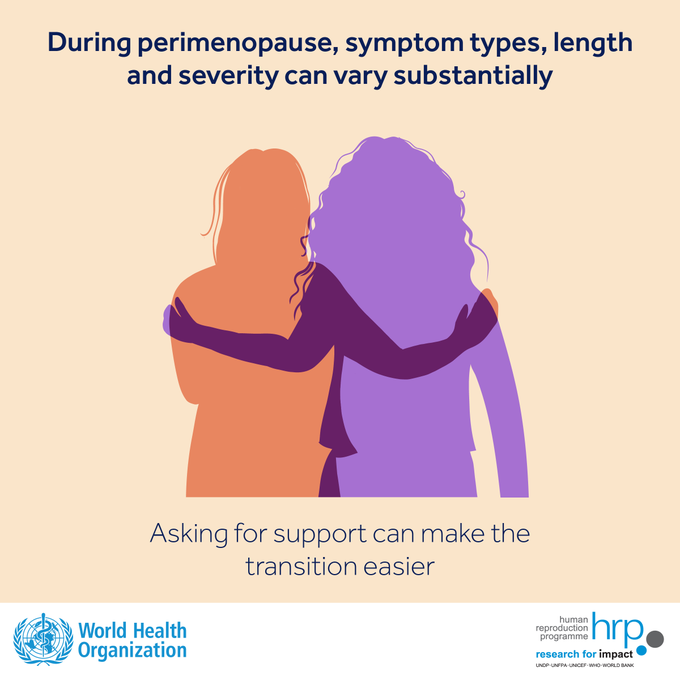
- Menopause Checklist Podcast
- Menopause Map: Downloadable Resources – My Personal Path Print Tools: Symptom Tracker
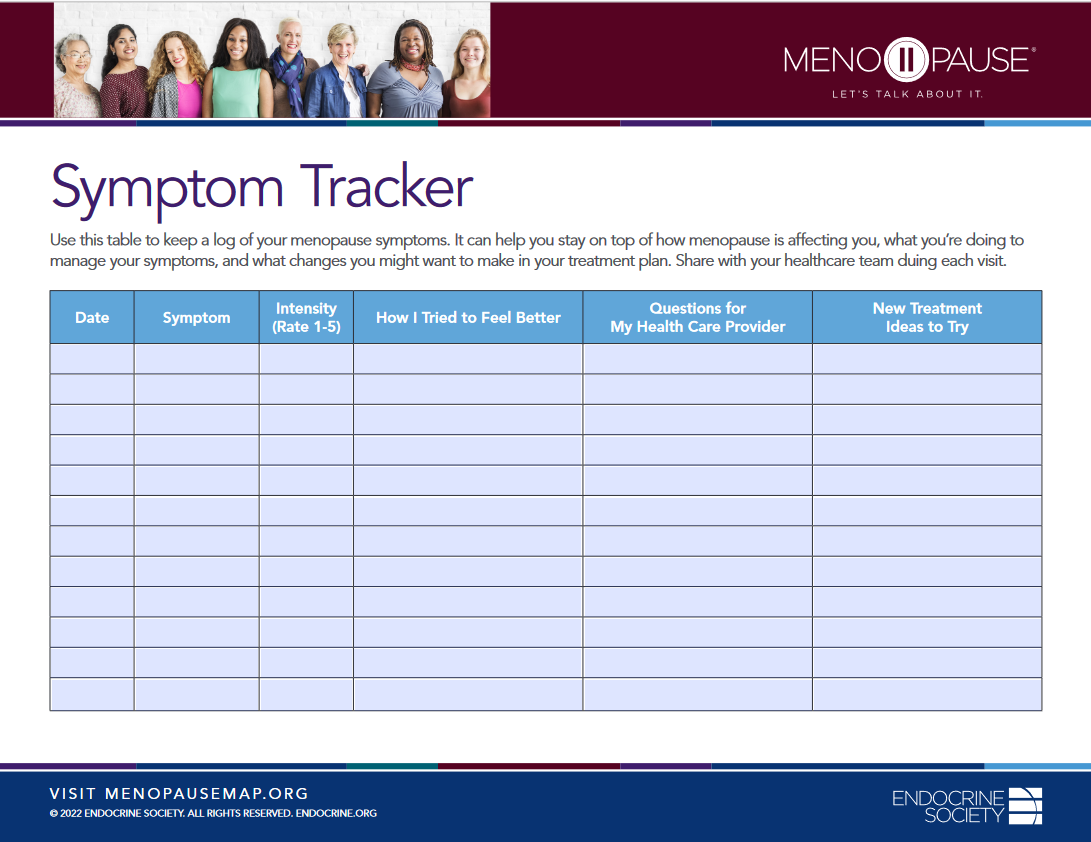
- Menopause Map: Downloadable Resources – Stages of Menopause: Perimenopause
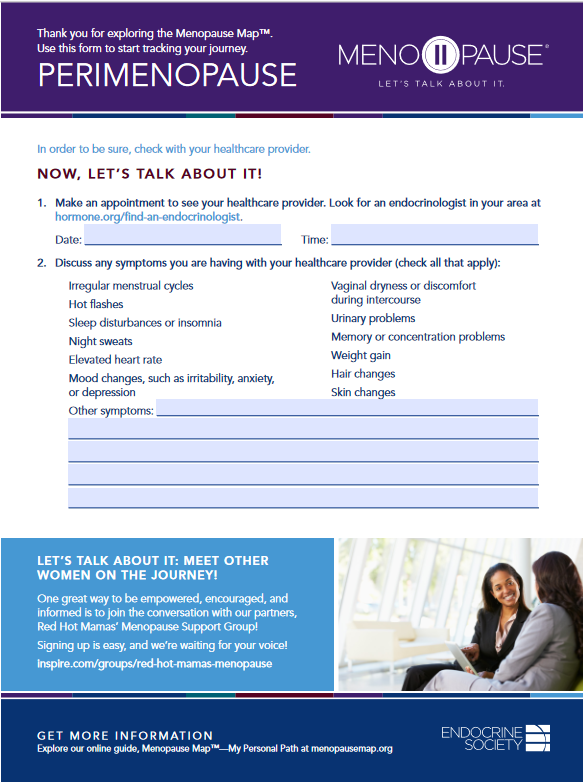
- Menopause Symptoms That May Surprise You: What To Watch for During Perimenopause
- Menopause and Mental Health
- Menopause and Sleep
- Menopause: Ensuring A Tranquil Transition
- Menopause: Identification and Management [NICE Guideline]
- Menopause: Identification and Management [NICE Guideline]

- Menopause: Things You Can Do
- Menopause: Your Choice of Language
- Menstrual Calendar
- Midlife Weight Gain
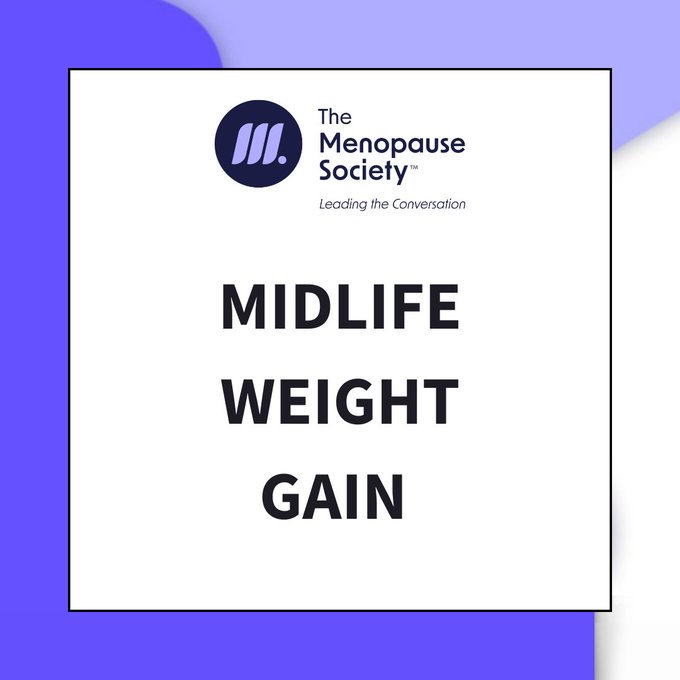
- Monitoring Menopause Symptoms
- Mood and the Menopause
- Mymenoplan.org [My Menoplan, United States]
- Navigating Menopause: Honest Answers To All Your Questions [+ Video: What To Expect in Menopause]
- Navigating Menopause Care Resource Guide
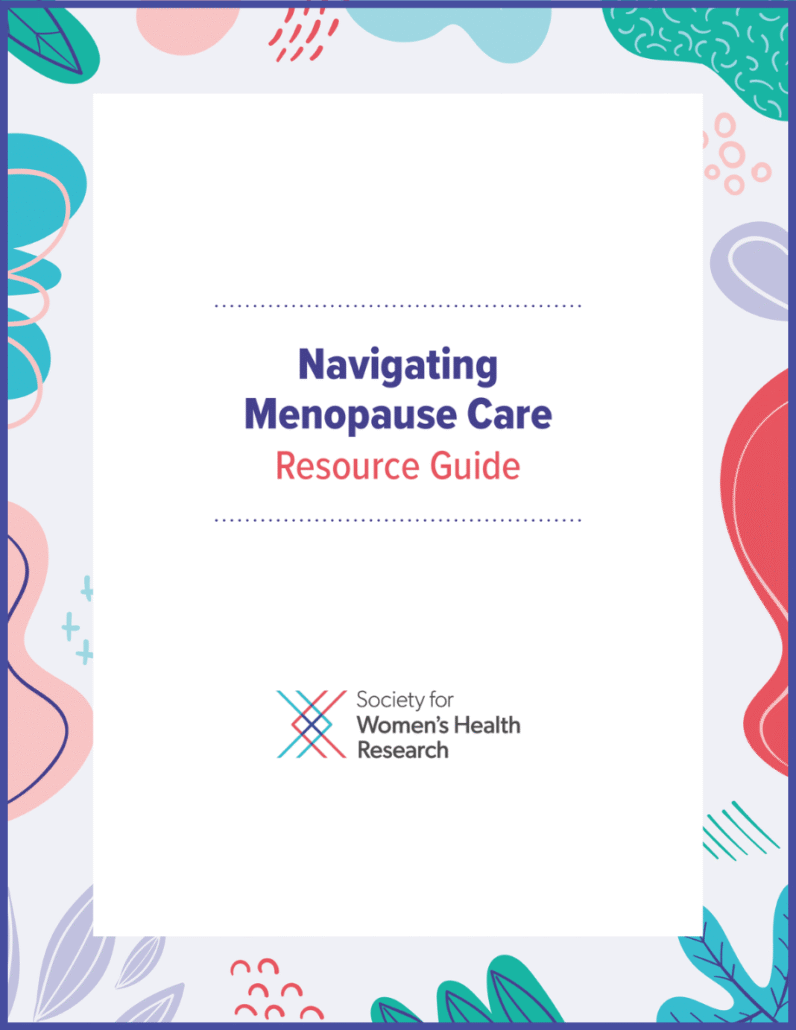
- Online Events [International Menopause Society]: IMS Partnership Symposia Series – What Is Sleep, What Is Menopause and How Do They Interact?
- Online Events [International Menopause Society]: IMS Partnership Symposia Series – What’s Hot? Options for Treatment of Hot Flushes 2025
- Online Events [International Menopause Society]: Past Webinars – 2024: Perimenopausal Contraception
- Online Events [International Menopause Society]: Past Webinars – 2025: Lifestyle Medicine
- Online Events [International Menopause Society]: Past Webinars – 2025: The Burn, the Itch, the Pain, the Urge: GSM In Women
- Online Events [International Menopause Society]: Past Webinars – 2025: The Perimenopause Journey: An Adaptive Reproductive Phase
- Online Events [International Menopause Society]: Sponsored Symposia – Weight, Wellness, and Women At Midlife: Rethinking Obesity In the Menopause Transition
- Night Sweats
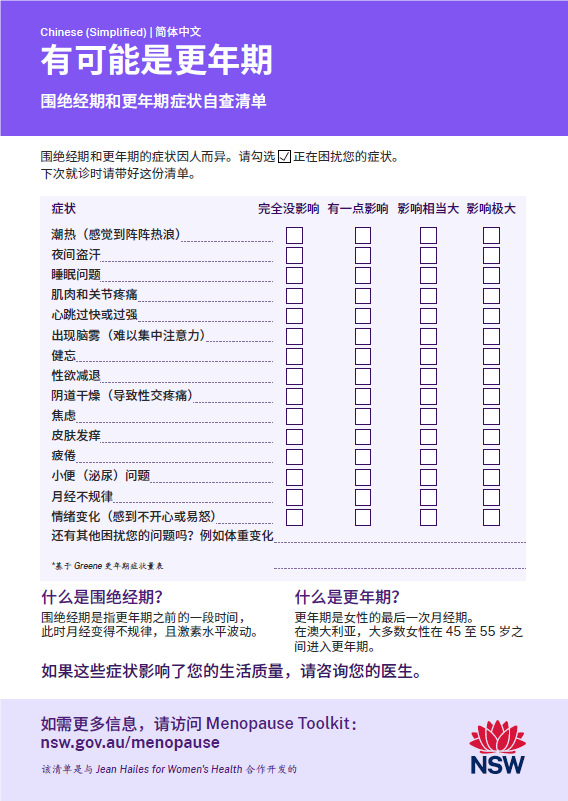
- Nonhormone Treatments for Hot Flashes and Night Sweats
- “Not feeling like myself” In Perimenopause — What Does It Mean? Observations From the Women Living Better Survey
- Perimenopause
- Perimenopause
- Perimenopause
- Perimenopause With Dr. Heather Hirsch
- Perimenopause Symptoms, Severity, and Healthcare Seeking In Women In the US
- Perimenopause Usually Begins In Your 40s. How Do You Know If It Has Started?
- Perimenopause and Menopause Checklist: Translated Checklists
- Perimenopause and Menopause Symptom Checklist

- Perimenopause and Menopause Toolkit
- Perimenopause or Menopausal Transition
- Perimenopause, Menopause and … Weightlifting? Expert Explains Value for Bone Health
- Perimenopause, PMS, and PCOS: All About the Period
- Promoting Good Mental Health Over the Menopause Transition
- Resources: Fact Sheets [Multiply Languages]

- Severe Mental Illness and the Perimenopause
- Supplements: What Works, What Doesn’t and the Truth About Menowashing
- Surprising Menopause Symptoms | Dr Louise Newson Live
- Tackling Myths and Misinformation In Menopause
- The Menopause Society Statement on Misinformation Surrounding Hormone Therapy
- Tips To Help Manage Menopause Symptoms
- Top Menopause Questions Answered: Hormones, Bones, Sex & Sleep
- Towards A More Accurate Global Picture of Perimenopause
- Treatments for Menopause
- Videos & Podcasts: Videos – Menopause and Hormone Therapy: Current Perspectives and Controversies
- Videos and Podcasts: Videos – A Simple Approach To Menopause: The Menopause Quick Six (www.MQ6.ca)
- What Is Perimenopause and Menopause?
- What Is the Difference Between Perimenopause, Menopause and Postmenopause?
- When Does Perimenopause Start and How Do You Define the Beginning?
- Why Is Bleeding So Heavy?
- Why Is FSH Not Needed for Diagnosis of Menopause [Video]
- World Menopause Day [18 October 2025]
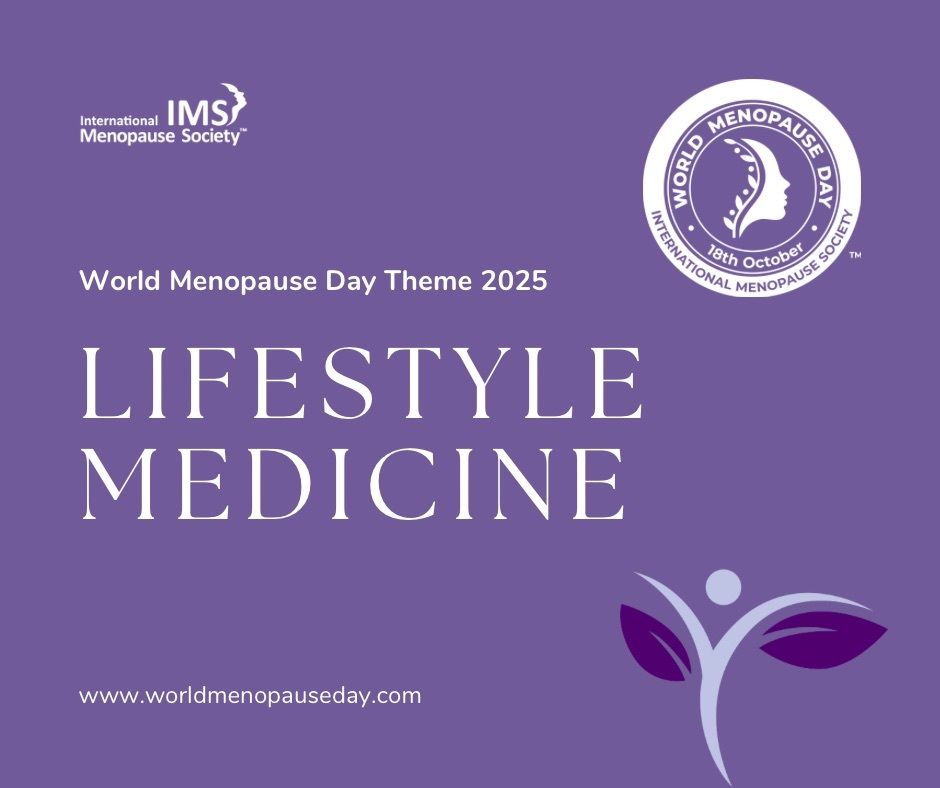
Sources
Where may I find the Sources quoted?
You may find the Sources quoted at:
Sources
- What Is Perimenopause and Menopause? Perimenopause, Menopause and Postmenopause – When Does Perimenopause Happen? Last Updated: 28 August 2025 | Last Reviewed: 22 April 2025. Jean Hailes for Women’s Health https://www.jeanhailes.org.au/health-a-z/menopause/about-menopause Accessed: 11 January 2026
- Menopause: Key Facts. 16 October 2024. World Health Organization https://www.who.int/news-room/fact-sheets/detail/menopause Accessed: 11 January 2026
- Glossary of Terms [English]. October 2022:4. International Menopause Society https://www.imsociety.org/wp-content/uploads/2022/10/IMS-English-Factsheet-4-glossary.pdf Accessed: 11 January 2026
- Davis, S. R., Taylor, S., Hemachandra, C., Magraith, K., Ebeling, P. R., Jane, F., and Islam, R. M. The 2023 Practitioner’s Toolkit for Managing Menopause: Definitions. Published Online: 30 October 2023 https://www.tandfonline.com/doi/full/10.1080/13697137.2023.2258783 Accessed: 11 January 2026
- Perimenopause: Symptoms & Causes – Overview. 18 December 2025. Mayo Clinic https://www.mayoclinic.org/diseases-conditions/perimenopause/symptoms-causes/syc-20354666 Accessed: 11 January 2026
- What Is Perimenopause and Menopause? Perimenopause, Menopause and Postmenopause – When Does Perimenopause Happen? Last Updated: 28 August 2025 | Last Reviewed: 22 April 2025. Jean Hailes for Women’s Health https://www.jeanhailes.org.au/health-a-z/menopause/about-menopause Accessed: 11 January 2026
- What Is Perimenopause and Menopause? Perimenopause, Menopause and Postmenopause – When Does Perimenopause Happen? Last Updated: 28 August 2025 | Last Reviewed: 22 April 2025. Jean Hailes for Women’s Health https://www.jeanhailes.org.au/health-a-z/menopause/about-menopause Accessed: 11 January 2026
- Perimenopause: Symptoms & Causes – Overview. 18 December 2025. Mayo Clinic https://www.mayoclinic.org/diseases-conditions/perimenopause/symptoms-causes/syc-20354666 Accessed: 11 January 2026
- Menopause: Symptoms – Common Symptoms of Menopause and Perimenopause: Changes To Your Periods. Page Last Reviewed: 17 May 2022. NHS https://www.nhs.uk/conditions/menopause/symptoms/ Accessed: 11 January 2026
- Symptoms of Menopause: Physical Symptoms of Menopause. Last Updated: 15 October 2025 | Last Reviewed: 23 April 2025. Jean Hailes for Women’s Health https://www.jeanhailes.org.au/health-a-z/menopause/menopause-symptoms#physical-and-emotional-symptoms Accessed: 11 January 2026
- Symptoms of Menopause: Physical Symptoms of Menopause — Mental and Emotional Symptoms of Menopause. Last Updated: 15 October 2025 | Last Reviewed: 23 April 2025. Jean Hailes for Women’s Health https://www.jeanhailes.org.au/health-a-z/menopause/menopause-symptoms#physical-and-emotional-symptoms Accessed: 11 January 2026
- Hamoda, H., Mukherjee, A., Morris, E., Baldeweg, S. E., Jayasena, C. N., Briggs, P., Moger, S. Joint Position Statement By the British Menopause Society, Royal College of Obstetricians and Gynaecologists and Society for Endocrinology on Best Practice Recommendations for the Care of Women Experiencing the Menopause. First Published Online 10 June 2022:1 https://journals.sagepub.com/doi/full/10.1177/20533691221104879 Accessed: 11 January 2026
- Mayo Clinic Q and A: Perimenopause Transitions and Concerns. 20 July 2023. Mayo Clinic https://newsnetwork.mayoclinic.org/discussion/mayo-clinic-q-and-a-perimenopause-transitions-and-concerns/ Accessed: 11 January 2026
- What Is Perimenopause and Menopause? When To See Your Doctor. Last Updated: 28 August 2025 | Last Reviewed: 22 April 2025. Jean Hailes https://jeanhailes.org.au/health-a-z/menopause/about-menopause/ Accessed: 11 January 2026
- Menopause: Diagnosis & Treatment – Treatment. 07 August 2024. Mayo Clinic https://www.mayoclinic.org/diseases-conditions/menopause/diagnosis-treatment/drc-20353401 Accessed: 11 January 2026








